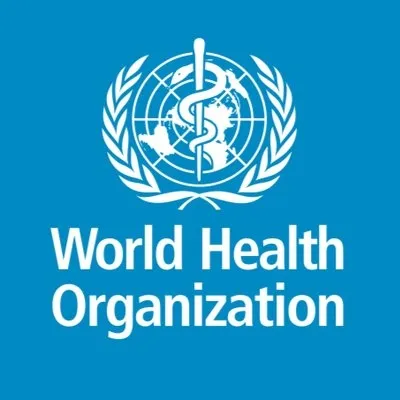Did WHO Dismiss Trump's Claims on Autism and Paracetamol?

Synopsis
Key Takeaways
- WHO refutes the link between autism and paracetamol.
- Trump's comments on acetaminophen usage were challenged.
- Over 50% of pregnant women use acetaminophen globally.
- Importance of consulting healthcare providers for medication advice.
- Vaccination schedules save millions of lives and are essential for public health.
Geneva, Sep 24 (NationPress) The World Health Organization (WHO) has decisively countered statements made by US President Donald Trump regarding a supposed connection between autism and the consumption of paracetamol during pregnancy.
During a recent White House gathering, Trump urged expectant mothers to “tough it out” instead of using acetaminophen (the active ingredient in Tylenol).
In a statement, the UN health organization clarified, “Currently, there is no definitive scientific evidence that supports a potential correlation between autism and the intake of acetaminophen during pregnancy.”
According to WHO statistics, approximately 62 million individuals globally (1 in 127) are affected by autism spectrum disorder, a complex set of conditions linked to brain development.
While there has been an increase in awareness and diagnoses in recent years, the precise causes of autism remain uncertain, with multiple contributing factors identified.
The WHO stated, “Over the past ten years, considerable research, including extensive studies, has been conducted to explore any associations between the use of acetaminophen during pregnancy and autism. To date, no consistent link has been found.”
Acetaminophen is the most widely utilized over-the-counter medication among pregnant women, with over 50% of expectant mothers worldwide using it for relief of headaches, pain, or fever.
Regulatory and clinical agencies have deemed its use during pregnancy as safe.
However, Trump remarked that “taking Tylenol is not good,” encouraging pregnant women to “fight like hell not to use it,” suggesting that only an “extremely high fever” warrants its use.
The WHO advises all women to heed the counsel of their healthcare providers, who can evaluate personal situations and recommend appropriate medications.
“Any medication should be approached with caution during pregnancy, particularly in the first trimester, and should be used according to professional medical advice,” the WHO emphasized.
The global health organization also highlighted that the vaccination schedules for children are created through a meticulous, comprehensive, and evidence-based process.
These schedules have saved at least 154 million lives over the past five decades, protecting children, adolescents, and adults from 30 infectious diseases, the WHO noted.
Interruptions or delays in vaccination schedules could significantly elevate the risk of infectious diseases, not only for children but also for the broader community.










